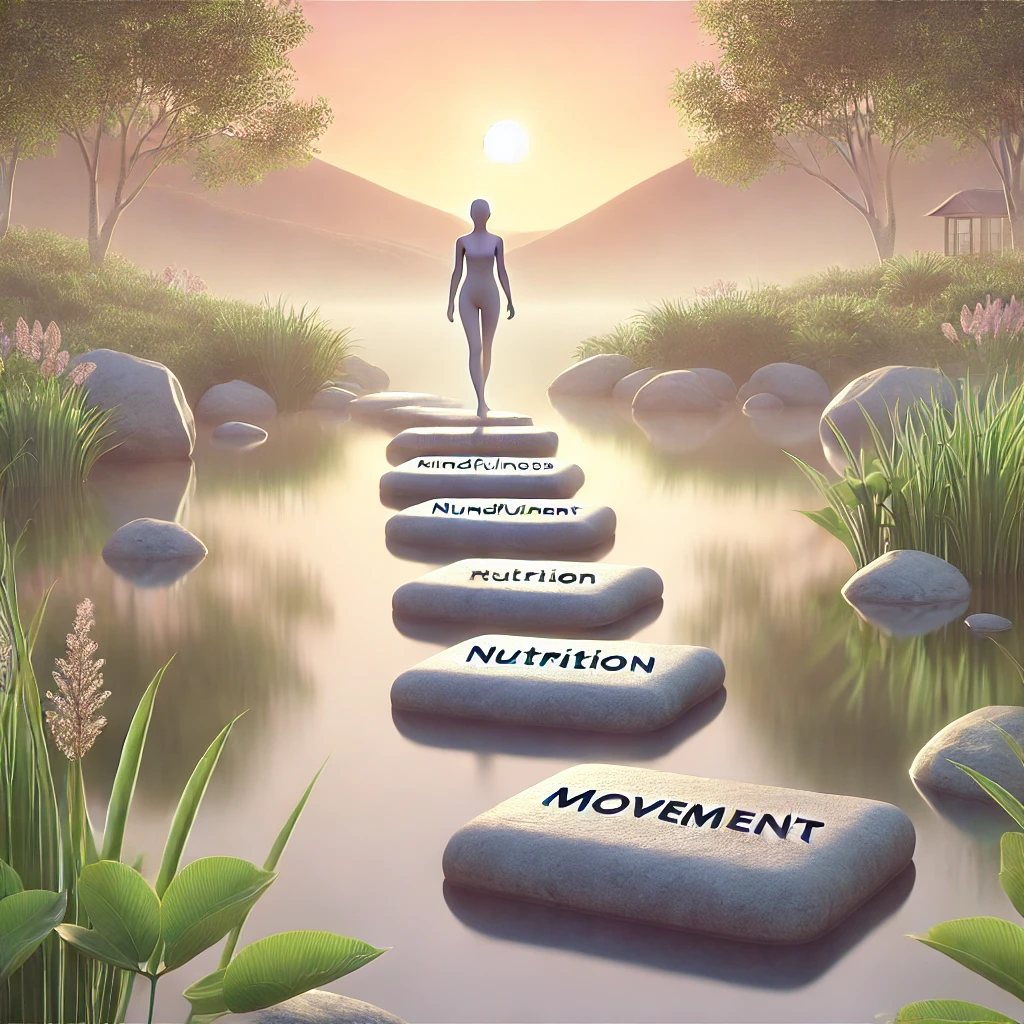By Stephanie Bucklin
The COVID-19 pandemic marked a profound shift in our collective experience, bringing with it unprecedented levels of uncertainty, isolation, and grief. For many, the prolonged stress of the pandemic mimicked the conditions that can lead to Complex Post-Traumatic Stress Disorder (C-PTSD). This condition, characterized by the psychological impact of sustained trauma, emerged in new forms as communities around the world struggled to cope with the ripple effects of the crisis.
Understanding Complex PTSD
Unlike traditional PTSD, which stems from a single traumatic event, C-PTSD develops in response to ongoing exposure to stressors that leave individuals feeling trapped, helpless, or unsafe. Symptoms include:
Emotional Dysregulation: Persistent mood swings, heightened anxiety, or difficulty managing anger.
Negative Self-Perception: Feelings of guilt, shame, or inadequacy.
Interpersonal Challenges: Struggles with trust, fear of abandonment, or withdrawing from relationships.
Persistent Feelings of Helplessness: A sense of powerlessness or chronic fear stemming from traumatic experiences.
Dissociation: Feeling detached from oneself or the environment, often as a coping mechanism.
How COVID-19 Exacerbated Trauma
The pandemic presented a perfect storm for the emergence of C-PTSD:
1. Isolation: Social distancing measures, lockdowns, and remote work meant prolonged separation from loved ones and support networks. Loneliness became a pervasive issue, undermining mental resilience.
2. Grief and Loss: Millions of lives were lost to COVID-19, leaving many to mourn in isolation, deprived of traditional rituals of closure such as funerals or gatherings.
3. Sustained Fear: Constant updates on infection rates, shortages of medical resources, and economic instability created an atmosphere of chronic stress.
4. Healthcare Trauma: For frontline workers, the pandemic brought moral injury and burnout, with many witnessing immense suffering and death daily.
5. Loss of Control: The sudden, uncontrollable nature of the virus disrupted lives globally, leading to a pervasive sense of helplessness.

The Hidden Legacy of the Pandemic
While vaccines and treatment advancements have brought a sense of hope for some, the emotional scars of the pandemic remain. Now with young adults and children dying from unusual illnesses, heart attack, pneumonia and stroke after the potentially toxic vaccine, we have to wonder if the whole situation (the pandemic and its so-called “cure”) was a plan to reduce our collective humanity.
Mental health experts have noted a rise in conditions associated with prolonged stress, such as depression, anxiety, and C-PTSD. Importantly, the pandemic also disrupted access to mental health care, leaving many without the resources they needed to heal.
We are a seriously stressed out planet. It’s time we begin to heal this past. 💕
Pathways to Healing
To address the psychological toll of the past, we must adopt a multifaceted approach:
1. Community Building:
Reconnecting with others is crucial. Support groups such as those offered by NAMI (National Alliance on Mental Illness) and local community centers provide safe spaces for sharing experiences and finding support.
Collaboration and group retreats, intentional and conscious wellness events that bring a sense of peace and hope for humanity.
2. Trauma-Informed Care:
Therapeutic Approaches: Modalities such as EMDR (Eye Movement Desensitization and Reprocessing) or somatic experiencing help individuals process trauma effectively. Find certified EMDR therapists through the EMDR International Association.
Online Therapy Options: Services like BetterHelp and Talkspace offer accessible mental health care from the comfort of home.
3. Self-Care Practices:
Mindfulness and Meditation: Apps like Headspace and Insight Timer provide guided meditations for emotional regulation.
Exercise and Movement: Regular movement, such as yoga or walking, releases endorphins and supports mental well-being.
Building Emotional Regulation Skills: Techniques like Vagas Nerve Calming, progressive muscle relaxation or grounding exercises.
Psychoeducation: Understanding the effects of trauma and normalizing the symptoms to reduce shame.
Creative Outlets: Journaling, painting, or music can help process emotions and foster resilience.
Spiritual Practices: Attending church, studying ancient texts, prayer and meditation help to quiet the mind and bring a sense of inner peace.
4. Policy Changes:
Governments and organizations must prioritize funding for mental health services and make trauma-informed care a standard practice. Explore resources from the World Health Organization (WHO).

Reflecting on Resilience
The pandemic revealed humanity’s incredible capacity for resilience and adaptability, even in the face of immense suffering. By recognizing the emotional toll of COVID-19 and addressing it compassionately, we can create a more trauma-aware society—one where healing is not only possible but prioritized. I believe in this a possibility, and the more people who believe, the closer we get to that truth.
Moving Forward
The legacy of COVID-19 is not only one of loss but also an opportunity to rethink how we address mental health in the wake of collective trauma. Whether through individual healing practices or systemic changes, the time to act is now. Understanding and addressing C-PTSD is a crucial step toward building a healthier, more connected future for all.
For those struggling with trauma, know that help is available. Reach out to mental health professionals, connect with support groups, and explore the healing practices mentioned above. Healing is not linear, but with patience and support, recovery is within reach.
Namaste,
~S
If you’re ready to take control of your stress and understand how your body responds to it, I invite you to explore my new book, Thriving Under Pressure: Stress Mastery for the Modern Age. This transformative guide offers practical strategies to help you manage stress effectively, build resilience, and thrive even in the face of adversity.
Don’t let stress hold you back any longer. Order your copy today and start your journey toward mastering stress and creating a healthier, more balanced life. Together, we can turn pressure into progress and challenges into opportunities.
Click here to get your copy now!


